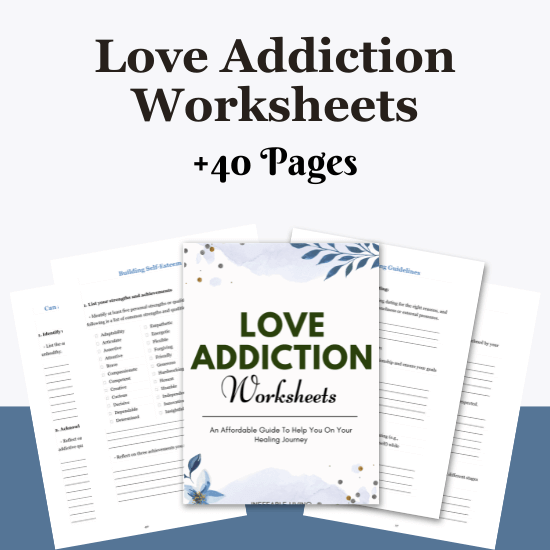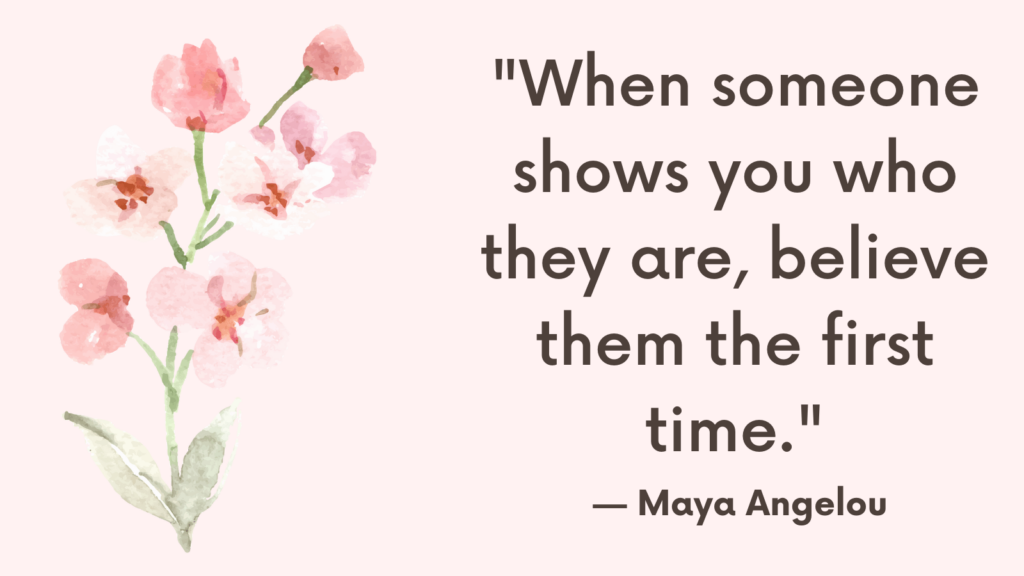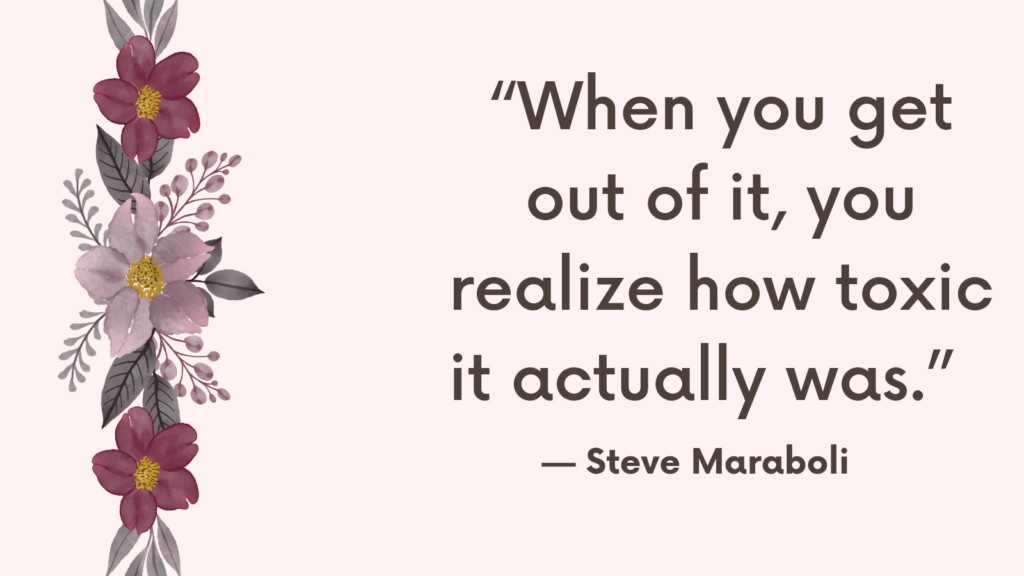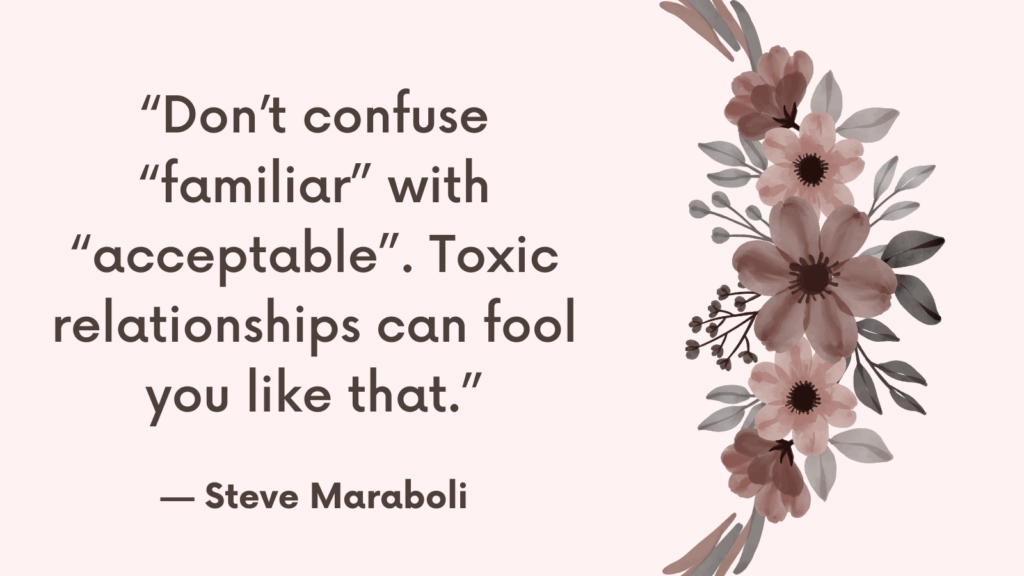This post contains top reasons you keep falling for unavailable people.
10 Reasons You Keep Falling For Unavailable People
Falling for someone who is emotionally or otherwise unavailable can be a deeply frustrating and often heart-wrenching experience.
Yet, it’s a common pattern for many people in the dating world.
Understanding why you might be drawn to unavailable partners is the first step toward breaking this cycle and fostering healthier, more fulfilling relationships.
Here are some reasons why people repeatedly find themselves attracted to individuals who are not fully available to them.
1. Familiarity with Emotional Unavailability
For some, the inclination to gravitate toward unavailable people stems from early life experiences.
If you grew up with caregivers who were emotionally distant, inconsistent, or unavailable, you might subconsciously seek out similar dynamics in adulthood because they feel familiar.
This familiarity can be comforting, even when it is dysfunctional, because it replicates patterns you learned to navigate as a child.
Related: Am I Emotionally Unavailable Quiz
2. Fear of Intimacy
Falling for unavailable people can be a protective mechanism against the vulnerabilities of intimacy.
Intimacy requires openness, trust, and the risk of being hurt or rejected.
If deep down you’re afraid of getting too close to someone, you might unconsciously choose partners who can’t fully engage in the relationship, thus limiting the depth of emotional connection and minimizing the risk of vulnerability.
3. Low Self-Esteem
Sometimes, the tendency to pursue unavailable people is rooted in low self-esteem.
You might believe, consciously or subconsciously, that you don’t deserve love, happiness, or a committed relationship.
This belief can lead you to settle for less than you deserve because on some level, you might feel that an unavailable person is all you’re worthy of having.
Related: What Does It Mean To Be Emotionally Available?
4. The Thrill of the Chase
The challenge of winning over someone who is hard to get can be thrilling.
For some, the chase becomes a compelling game of trying to capture the attention and affection of someone who seems just out of reach.
This pursuit can be especially appealing if you equate love with struggle or if you enjoy the highs and lows that come with uncertain relationships.
5. Confusion Between Drama and Passion
Dramatic relationships, especially those filled with unmet desires and unrequited love, can often be mistaken for passion.
The intense emotions associated with striving to make an unavailable person available can feel like a deep connection, even though it’s more about the drama than genuine compatibility or love.
Related: Best 10 Books On Emotional Unavailability
6. Avoidance of Real Commitment
Choosing partners who are unavailable might indicate a subconscious desire to avoid a real commitment.
If you have underlying fears about what true commitment entails, or if you doubt your ability to maintain a long-term relationship, you might find yourself continuously engaging with people who are not in a position to commit fully.
7. Idealizing the Partner
When you fall for someone who’s unavailable, it’s easy to idealize them and create a fantasy of what the relationship could be, rather than seeing the reality of what it is.
This idealization can make the connection seem more significant and the partner more alluring, as you fill in the gaps with your hopes and desires.
Related: Emotionally Unavailable Husband Quiz
8. Past Traumas and Unresolved Issues
Sometimes, the draw toward unavailable partners is linked to unresolved traumas or issues from past relationships or childhood.
These unresolved feelings might drive you to recreate scenarios that feel unresolved, giving you a subconscious opportunity to fix what was broken in your past.
9. Mismatched Relationship Goals
At times, the attraction to unavailable people might simply stem from a mismatch in relationship goals or life stages.
You might find yourself attracted to someone who is not looking for the same things in a relationship, whether due to timing, personal circumstances, or differing visions for the future.
10. Lack of Awareness
Finally, you might be falling for unavailable people simply because you haven’t taken time to reflect on your relationship patterns.
Without this self-awareness, it’s easy to repeat the same mistakes unknowingly, continuing to engage in relationships that aren’t aligned with your deeper needs and desires.
Related: How to Avoid A Low Value Man & Find The Right One?
Breaking the Cycle of Falling For Unavailable People
1. Recognize the Pattern
The first step in breaking any repetitive behavior is acknowledging it exists.
Reflect on your past relationships and identify common themes.
Are there patterns of unavailability among the people you tend to fall for? Unavailability can be emotional, physical, or intellectual.
Recognizing these patterns can make you more aware of the traits you should be wary of in future relationships.
2. Understand the Causes
Often, the attraction to unavailable people is rooted in deeper psychological issues.
Common causes include fear of intimacy, low self-esteem, a need for control, or unresolved childhood trauma.
Understanding why you are drawn to unavailable partners can provide insights into what you need to address within yourself.
This might involve reflecting on your relationship with your parents, past traumas, or any insecurities that might be affecting your romantic choices.
Related: How To Stop Being Emotionally Unavailable? Top 7 Strategies
3. Work on Self-Esteem
Low self-esteem may lead you to believe that you don’t deserve happiness or a fulfilling relationship, making you more susceptible to falling for someone who doesn’t fully reciprocate your feelings.
Building self-esteem involves changing how you perceive yourself.
Practice self-kindness and challenge negative beliefs about yourself.
Engage in activities that make you feel good about yourself and boost your confidence.
4. Improve Your Relationship Skills
Educate yourself about healthy relationship dynamics.
You can read books, attend workshops, or even take courses on relationships.
Learning about healthy boundaries, communication, and emotional availability can give you the tools you need to engage in healthier relationships.
Understanding these dynamics can also help you spot red flags early on.
5. Practice Realistic Optimism
It’s important to maintain a balance between hopefulness and realism in relationships.
While it’s natural to hope for the best, it’s crucial to remain realistic about the nature of your relationships.
If you find yourself ignoring red flags or making excuses for someone’s unavailability, take a step back and assess the situation realistically.
Related: How To Get Clear On What You Want In A Relationship?
6. Choose Different Types of People
If you have a type that you typically fall for, consciously choose to date people outside of this norm.
This doesn’t mean settling for someone you aren’t attracted to; rather, it means giving a chance to someone who might not initially catch your eye but who possesses qualities essential for a healthy relationship, like emotional availability.
7. Focus on Availability
Start valuing availability and consistency as much as other traits like physical attraction or charisma.
Give importance to how responsive, involved, and emotionally open potential partners are.
Reward these traits by continuing to engage with those who demonstrate them, and disengage from relationships where these are lacking.
Related: Dating With Intention: What Does It Mean & How To Do It?
8. Set and Maintain Boundaries
Setting and maintaining healthy boundaries is crucial in preventing yourself from falling into the traps set by unavailable partners.
Clearly define what you are and are not willing to tolerate in a relationship.
Learn to say no, and be ready to walk away from situations that do not meet your emotional needs.
9. Learn to Enjoy Being Alone
Sometimes, the fear of being alone drives people to pursue relationships with unavailable individuals.
Learning to enjoy your own company can be a powerful deterrent to this.
Engage in activities that fulfill you, develop hobbies, and build a life that you enjoy outside of a romantic relationship.
Being content with your own company reduces the urgency to find someone to fill the void, allowing you to make more rational choices in love.
Related: Yellow Flags In A Relationship
10. Foster Non-Romantic Relationships
Strong friendships and family connections can provide emotional security and validation, reducing the emotional dependency on romantic partners.
Cultivating strong non-romantic relationships ensures that you have a support system in place, which can provide perspective and advice when you’re tempted to fall back into old patterns.
11. Reflect and Grow
Each relationship, whether successful or not, offers valuable lessons. Reflect on past relationships not just to recognize patterns but to understand what you can learn from them.
This reflection can provide insights into what worked and what didn’t, helping you make better choices in the future.
Related: 10 Silent Red Flags In A Relationship To Watch Out For

Conclusion
Falling for unavailable people is a common pattern that many find difficult to break.
This cycle can cause significant emotional distress and hinder your ability to engage in healthy, satisfying relationships.
Breaking the cycle of falling for unavailable people won’t happen overnight.
It requires continuous effort, self-reflection, and sometimes professional help.
However, the rewards—healthier relationships and a happier, more fulfilled life—are well worth the effort.



